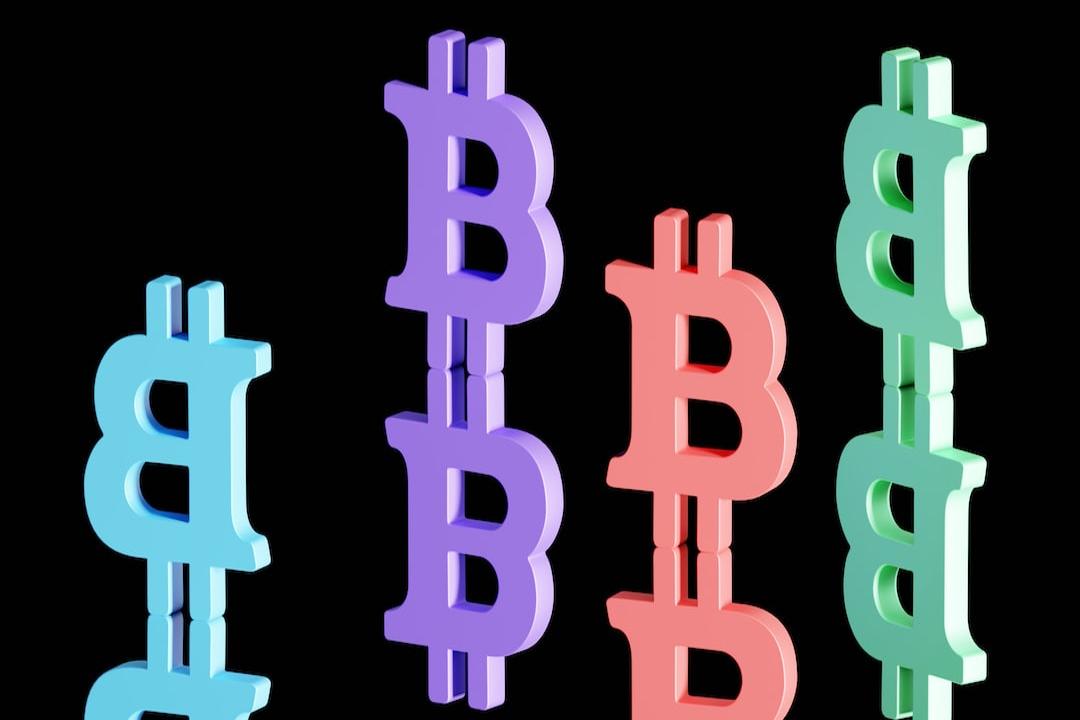The quote “information is the oil of the 21st century” was coined by Peter Sondergaard, a former executive at Gartner, to emphasize the significance of knowledge in the digital era. However, the rise of artificial intelligence (AI) has shifted the focus to data as the new gold, as the large language models (LLMs) required to train AI demand a staggering amount of data. In the next five years, the global data created, captured, copied, and consumed is expected to triple, according to Statista.
AI’s impact on the datasphere is undeniable, with investors pouring substantial amounts of money into companies involved in AI-related projects. Crunchbase estimates that in 2023, more than one in four dollars invested in U.S.-based startups has gone into AI-related ventures, doubling the previous four-year period.
The growth of AI presents significant challenges, with the industry projected to surpass $200 billion in 2024 and reach $1.81 trillion by 2030. In order for AI to reach its full potential, there is a pressing need to address concerns such as hallucinations, bias, and intellectual property infringements.
Blockchain technology emerges as an ideal solution to tackle these challenges due to its features such as immutability, traceability, and transparency. However, blockchain has faced obstacles in achieving security, scalability, and decentralization. Polkadot, with its sharded multichain network, aims to address these limitations by enabling parallel processing of transactions and improving scalability.
Within the Polkadot ecosystem, innovative projects are working to harness the potential of blockchain for AI. OriginTrail, for instance, is building a decentralized knowledge graph to ensure the authenticity of data used for AI training. Phala Network, on the other hand, is developing a co-processor to enable AI to interact with blockchains and build smart contract-centric AI agents.
Bittensor is another project within the Polkadot ecosystem, focused on creating a decentralized, blockchain-based machine learning network that allows AI models to collaborate and learn from each other in a peer-to-peer manner. This democratizes AI and makes it accessible to a wider audience.
As the AI revolution continues to unfold, Polkadot is poised to play a crucial role by providing a platform that can accommodate the exponential growth of data and information. With its forward-looking vision and growing ecosystem, Polkadot is at the forefront of unlocking productivity and addressing real-world challenges in the AI landscape.

